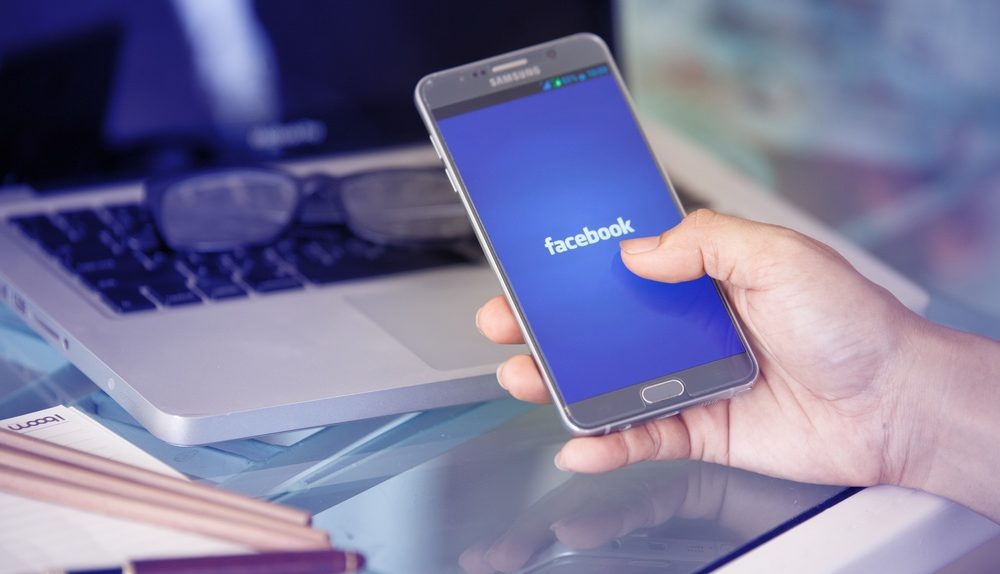It’s no secret that Russia interfered in the US presidential election last year. Trump may not be convinced, but every spy agency has confirmed that Russia used various weapons to try to meddle with the election process, including spreading fake news on social networks to sway voters in a certain direction.
Facebook on Wednesday confirmed that Russian operations may have targeted the US presidential election with ads purchased on its social network.
It also indirectly confirmed that it made money from this particular endeavor and that it used to allow just about anyone to buy any kind of ad on its network.
“In reviewing the ads buys, we have found approximately $100,000 in ad spending from June of 2015 to May of 2017 — associated with roughly 3,000 ads — that was connected to about 470 inauthentic accounts and Pages in violation of our policies,” Facebook Chief Security Officer Alex Stamos wrote in a blog post. “Our analysis suggests these accounts and Pages were affiliated with one another and likely operated out of Russia.”
Facebook says that it doesn’t allow inauthentic accounts on Facebook and that it shut them down. However, it doesn’t explain how inauthentic accounts were able to pay for ads on its network. The implied message is that just about anybody could have posted ads on Facebook, regardless of whether they had legitimate Facebook accounts or Facebook Pages. Or, at least, that was the case in 2015 and 2016 when these ads ran on the social network without raising any flags.
Facebook findings reveal that while the ads did not endorse a specific presidential candidate or voting, they did focus on “amplifying divisive social and political messages across the ideological spectrum — touching on topics from LGBT matters to race issues to immigration to gun rights.”
In addition to sharing the information with the public, Facebook also informed the US Congress about its findings, Reuters explains. Both the Senate and the House are conducting separate investigations into the alleged Russian interference in the 2016 presidential election. Furthermore, Facebook gave its findings to Robert Mueller, the special counsel also investigating the connections between Russia and Trump’s presidential campaign.








